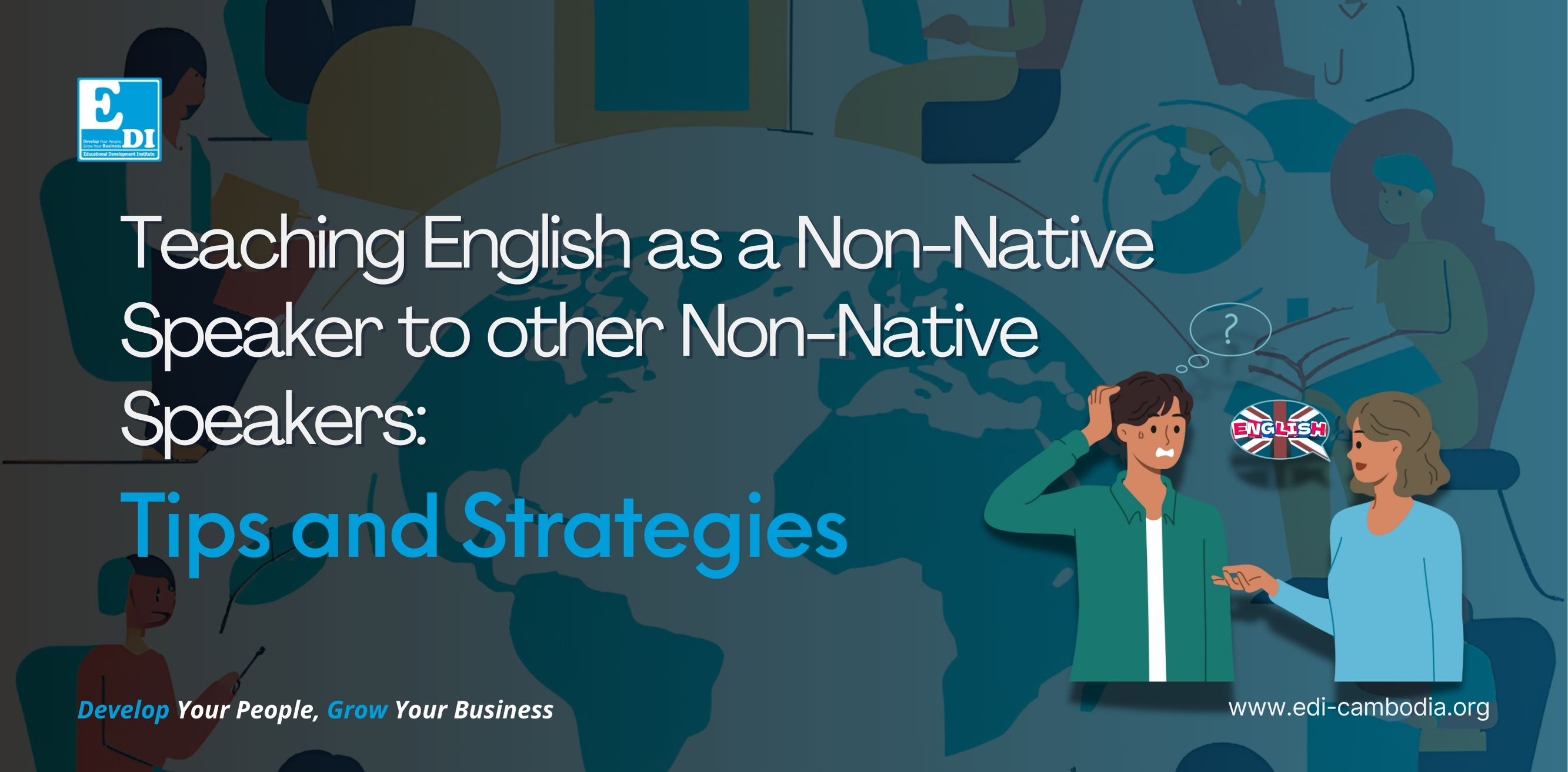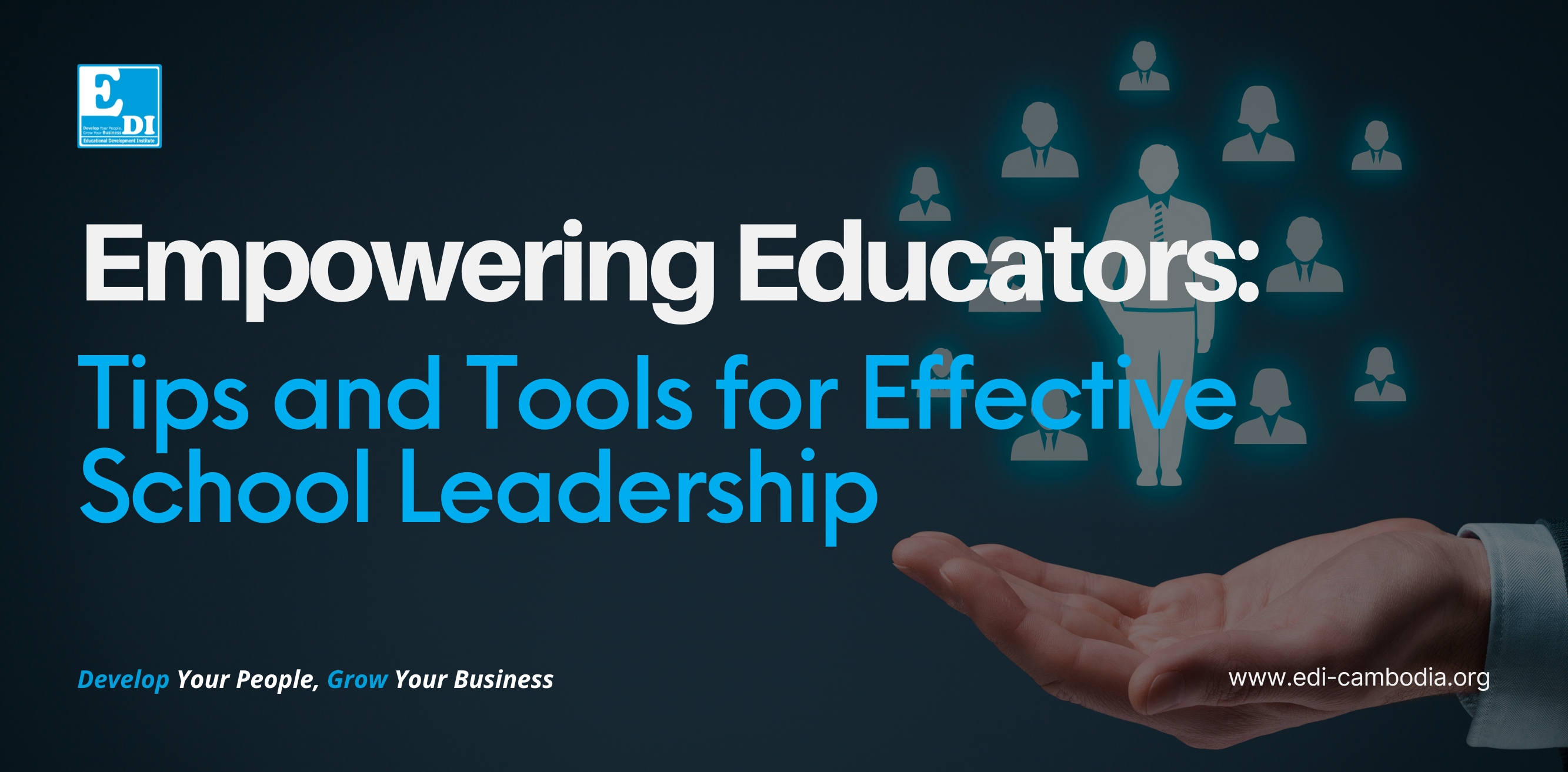Play is a fundamental part of childhood, and it is also a powerful tool for learning. When kids are having fun, they are more engaged and receptive to new information. Scientists have discovered that play is essential for children's cognitive, social, and emotional development;
Cognitive Development:
• Problem-solving: Play often involves solving puzzles, overcoming challenges, or figuring out rules. This helps children develop critical thinking and problem-solving skills.
• Creativity: Playing allows kids to explore their imaginations and come up with new ideas. This fosters creativity and innovation.
• Memory: Remembering game rules, strategies, or stories strengthens memory and recall abilities.
• Attention: Focusing on a game or activity improves attention span and concentration.
Social Development:
• Cooperation: Playing with others teaches children to work together, share, and compromise.
• Communication: Expressing thoughts, feelings, and ideas during play enhances communication skills.
• Empathy: Understanding the emotions and perspectives of others is developed through social interactions during play.
Emotional Development:
• Stress relief: Engaging in play can help children manage stress and anxiety.
• Self-regulation: Learning to control emotions and impulses is often practiced during play.
• Confidence: Success in play can boost self-esteem and confidence.
If you are a teacher or a parent who is struggling to find fun learning practices to teach your children, we are here to help you. Join our Childcare Development Methodology Course at EDI and learn proven techniques on how to incorporate ‘play’ as the medium for classroom learning process. (For more information please write to us at education@edi-cambodia.org or call us at 016 818 959 / 081 912 113)
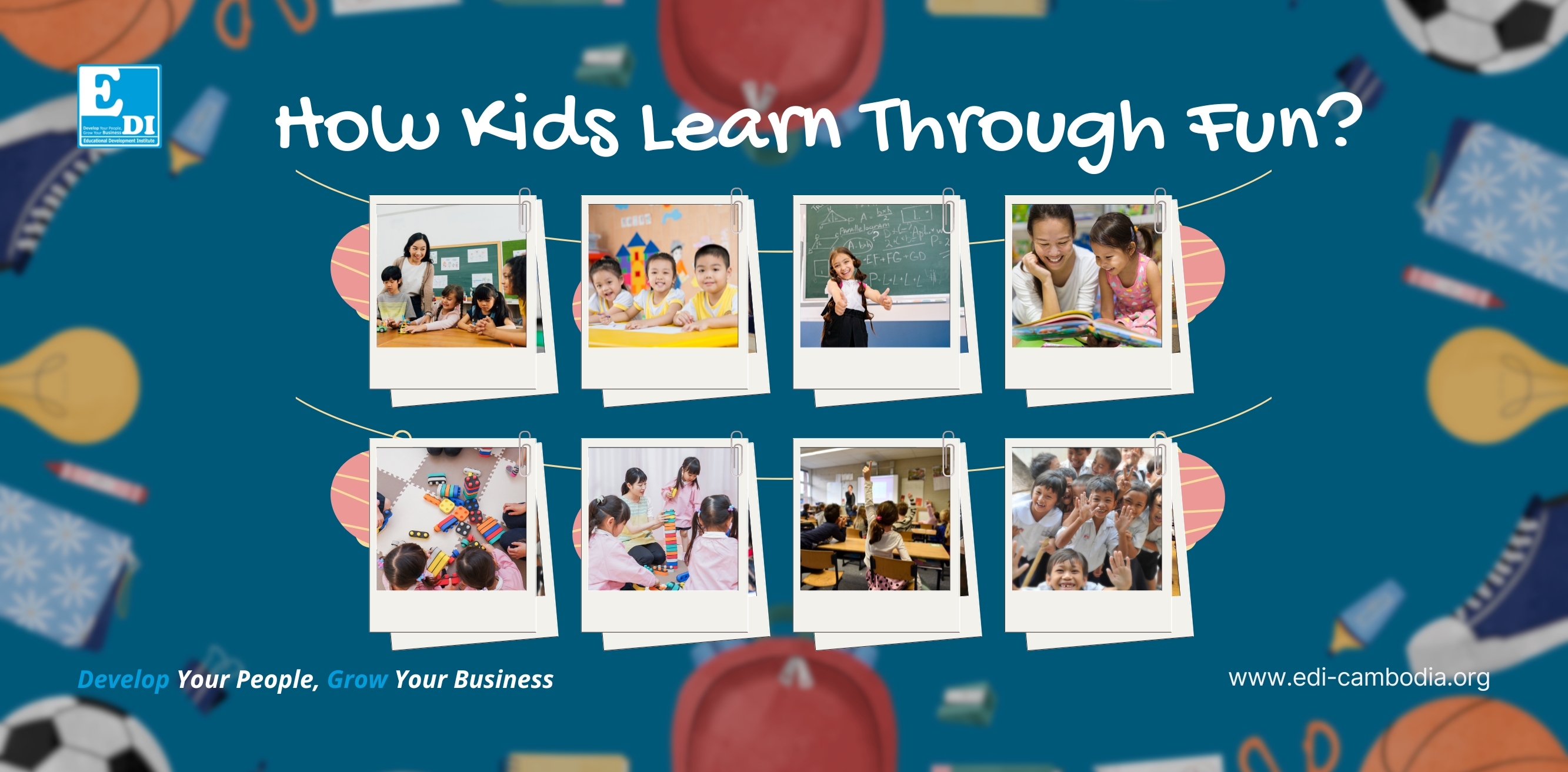
Some examples of fun learning activities include:
• Building with blocks: This activity helps children develop spatial reasoning and problem-solving skills.
• Playing pretend: This activity helps children develop their imagination and social skills.
• Reading books: Reading books with children helps them develop their language skills and introduces them to new ideas and concepts.
• Playing games: Games like chess, checkers, and puzzles can help children develop critical thinking and problem-solving skills.
Remember, the most important thing is to make learning fun and engaging for kids. By providing them with opportunities to play and explore, you can help them develop a lifelong love of learning.


.png)
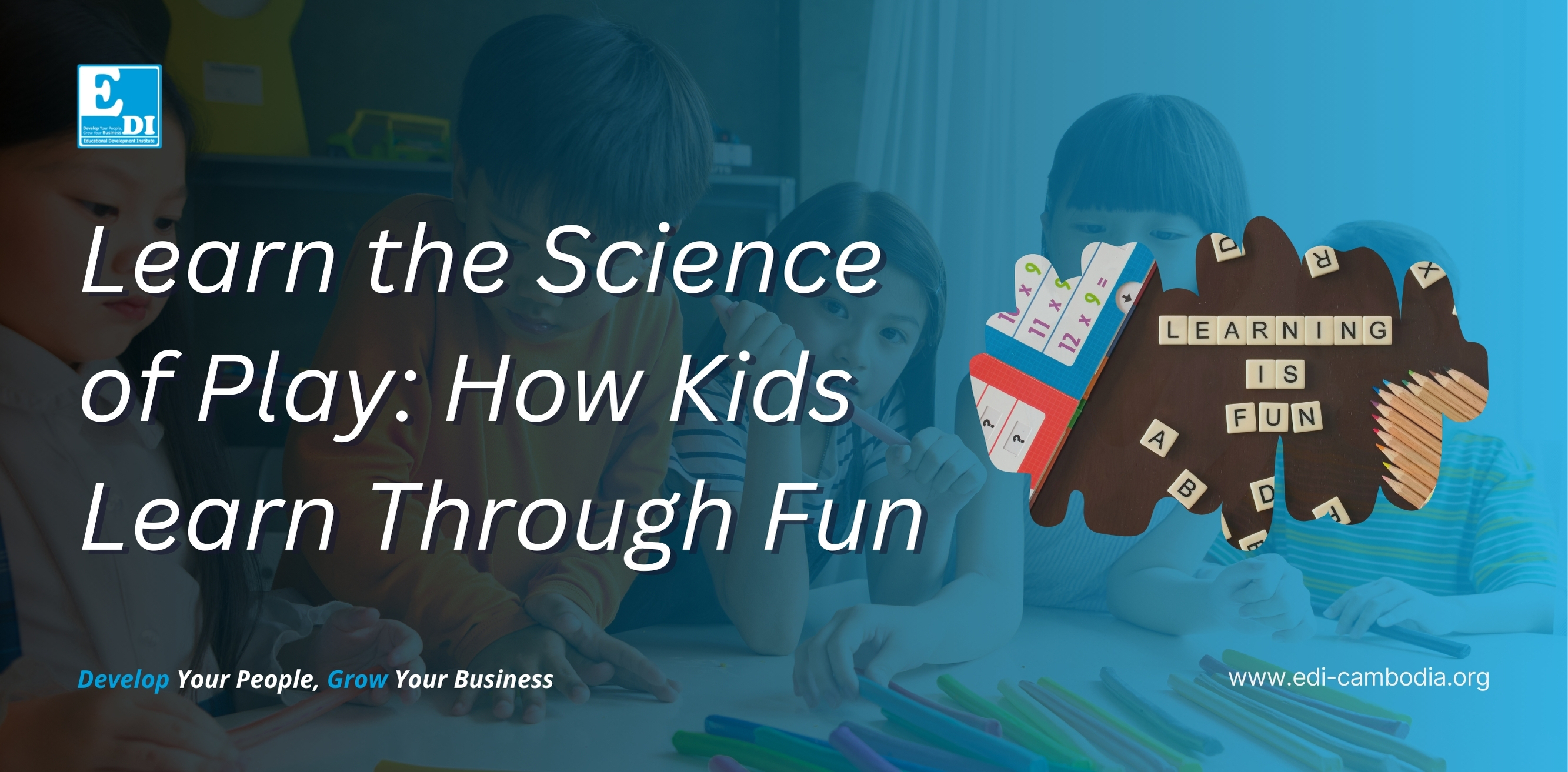
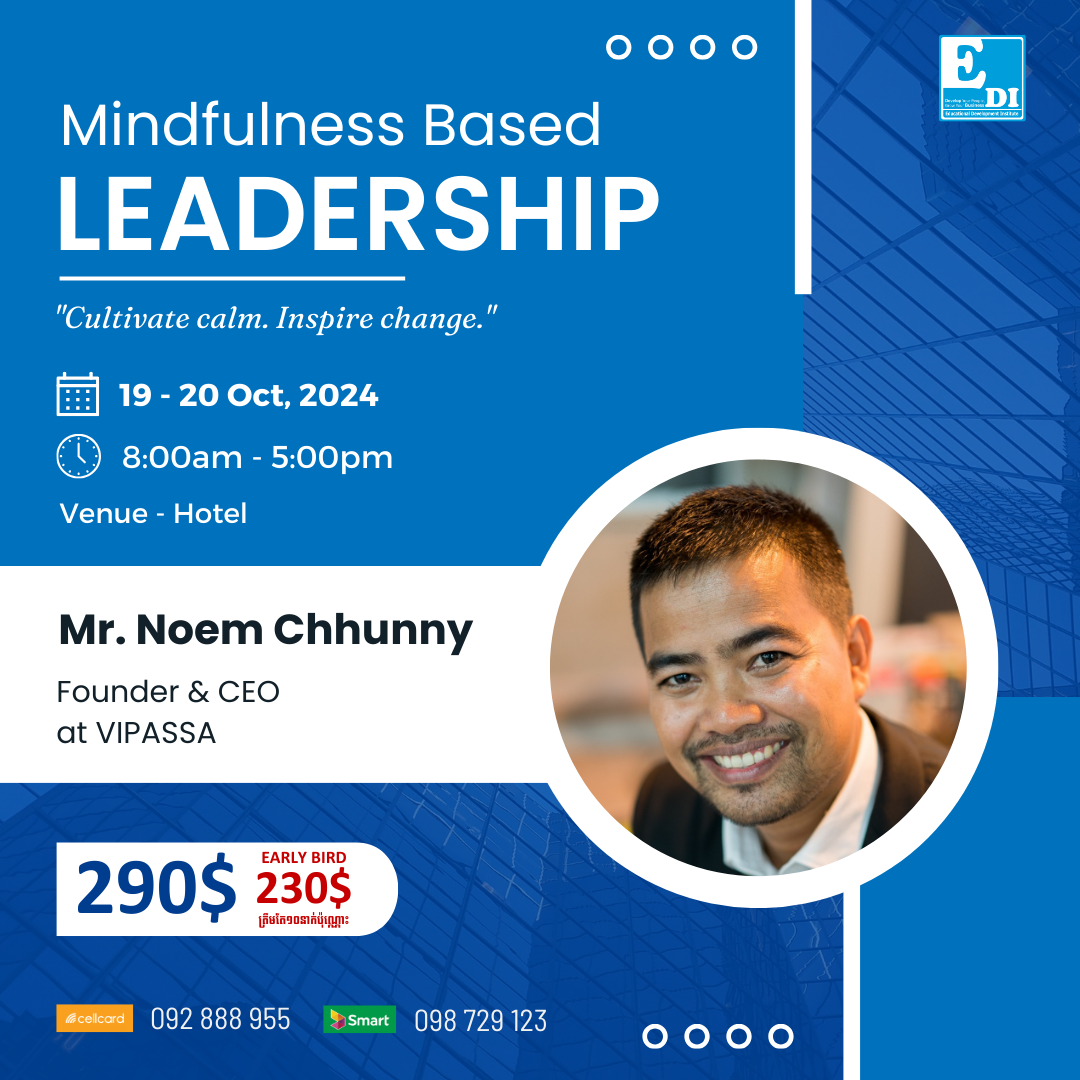


.jpg)

